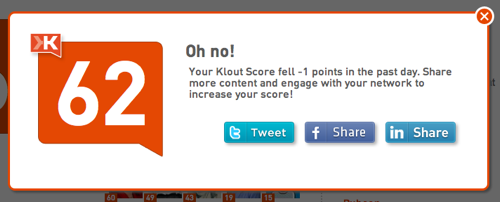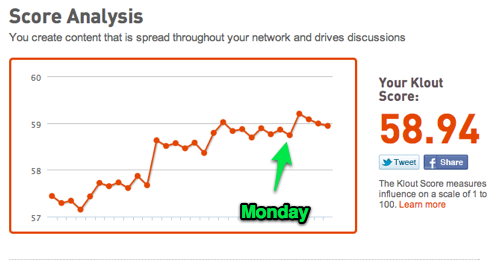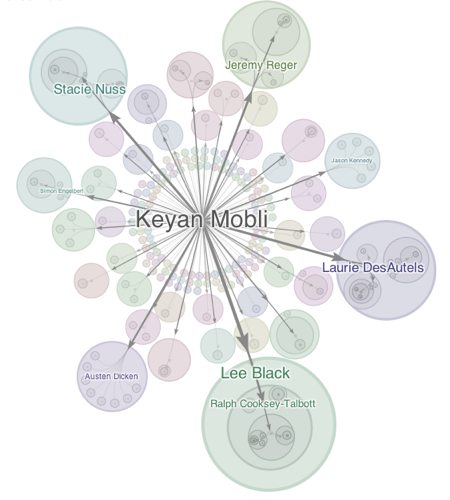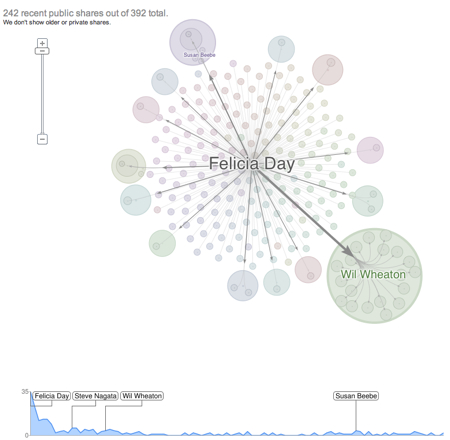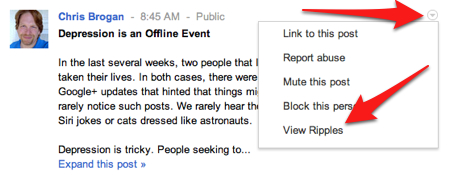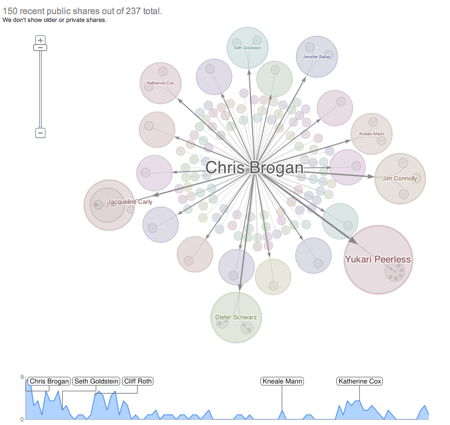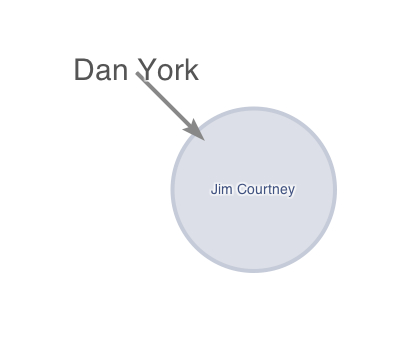I’m not a regular football fan. Sure, I enjoy watching a game if it’s on somewhere and I might watch the playoffs or Super Bowl… but watching football is not part of my daily/weekly routine.
Still, when I saw an tweet about the video of an amazing touchdown run, I went to go look because such feats are often great to watch.
But… after pressing the “play” icon, here’s what greeted me:
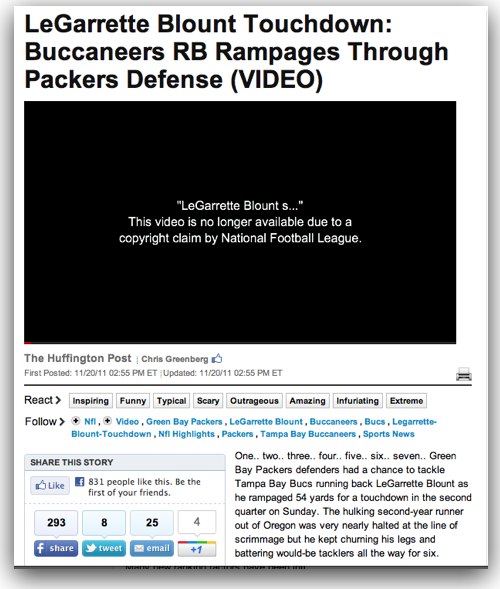
Yep, the NFL apparently issued a copyright claim to YouTube to have this clip taken down.
IT WAS A 43 SECOND VIDEO CLIP!
43 seconds.
My initial thoughts, of course, were extremely negative to the NFL (“What a bunch of losers!”).
My second thought was… oh, well, there are a ton of other interesting sports and other video clips to see.
NFL Loss #1: Any Potential Interest I Might Have Had
Right then, the NFL had a moment to engage with me and remind me again of how exciting the game can be!
Maybe I might have said to myself that I should watch games some more and perhaps take up my brother-in-law on his invite to come over and watch the Patriots play. Maybe I might have read up more about what was going on within football. Maybe I might have looked for some other football video clips.
Regardless, I would have been more positive about football and the NFL.
Instead it just leaves me with a negative attitude toward the NFL and no further interest in looking for more football info.
I’m even less a fan now.
NFL Loss #2: Viral Sharing
Note the “Share This Story” part of the screenshot above:
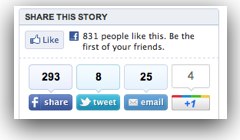
Consider those stats:
- 831 people liked this page, with the result being that the link to this page went out in the new Facebook Ticker to be potentially seen by their friends. How many people might have seen that? hundreds? thousands?
- 293 people specifically shared this post out into their Facebook NewsFeed, meaning that their friends would see it in their feeds. Once in Facebook it can be shared out again by others. Again, how many people? hundreds? thousands?
- 8 people clicked the “tweet” button on this page. Countless others could have tweeted it out through other tools, or retweeted those tweets.
- 25 people emailed it using this interface.
- 4 people “+1″‘d it.
And this only shows the numbers of people who shared the story using this widget. The story may have been shared many other times via other routes. The link to the video on YouTube may have been shared out through many other ways, too. (And YouTube no longer shows the stats for the video, so we have no idea how many people actually watched it.)
So how many people saw the link to this story? hundreds? thousands? more? fewer? Hard to say… but some number saw it and did what I did – clicked over to see what sounded like an interesting video to watch.
And all of them got the same message… that the NFL had a copyright claim on this particular video.
And odds are that they won’t blame the news story or the Huffington Post for linking to the video… instead they’ll mentally blame the NFL for asserting a copyright claim.
And there will be no further re-sharing…
43 Seconds
Now I completely “get” that the NFL needs to defend the copyright it has on it’s content. I create my own content and have done so for many years both for myself and my various employers. I fully understand the need for protecting intellectual property.
But a 43 second video clip?
Granted, it might have been the most exciting 43 seconds of that entire game… I don’t know, since I didn’t watch it.
But would it have killed the NFL to make that short clip available?
It would really be “marketing” for the sport of football. It might have gotten more people talking about the sport (“Wow, did you see that amazing touchdown run?”). It would have spread virally as people shared it even more with others.
I know, I know… it’s a “slippery slope” and if the NFL doesn’t assert it’s copyright where it can then it opens the doors for many others to post videos. And I don’t know the rest of the story. Maybe this particular YouTube user has repeatedly posted copyrighted video clips. Maybe there’s an “official” video clip that the NFL wants people to use… maybe… maybe… maybe…
But still, 43 seconds?
P.S. And a quick google search shows that the clip is still available on other sites…
If you found this post interesting or useful, please consider either:
- following me on Twitter;
- adding me to a circle on Google+;
- subscribing to my email newsletter; or
- subscribing to the RSS feed.












